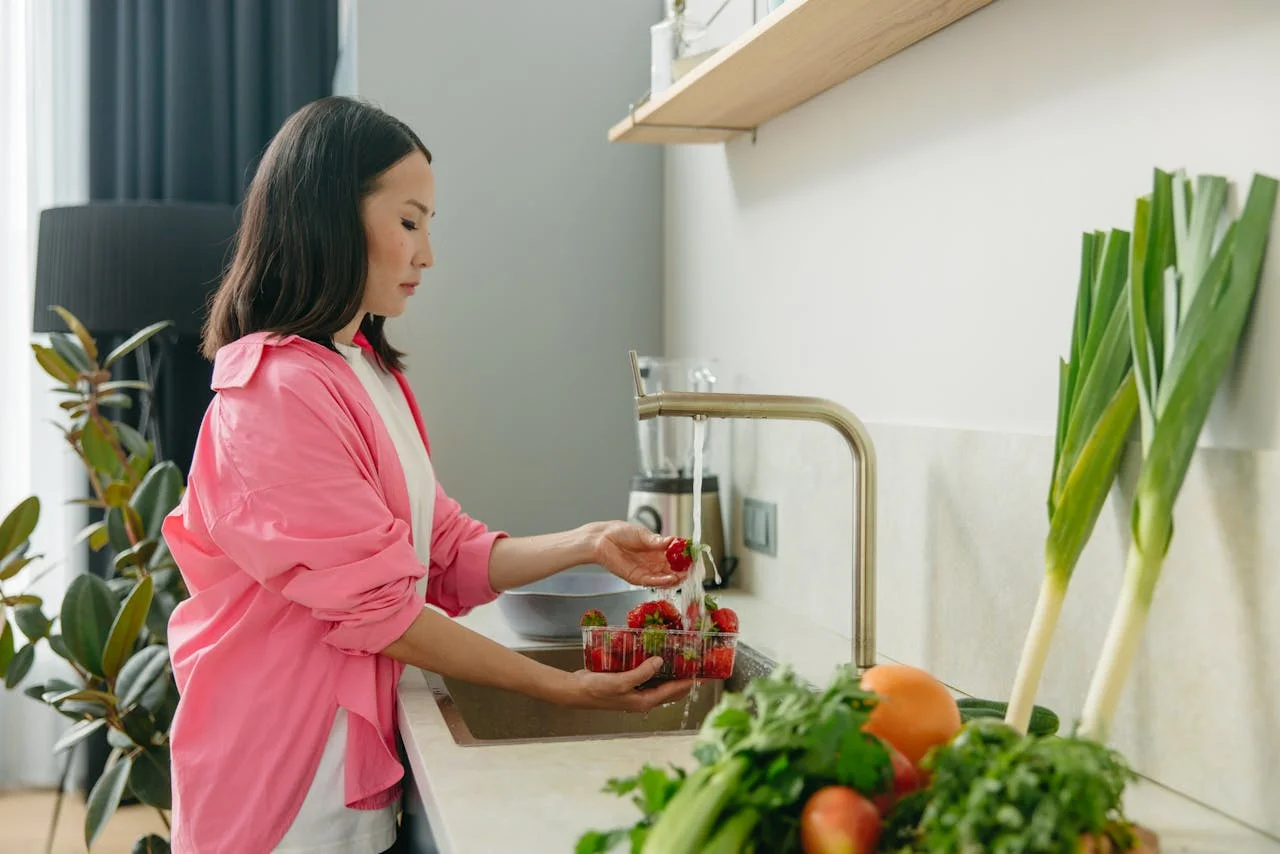
Unilever has announced a groundbreaking partnership with Nufarm, a global leader in agricultural innovation, to develop and commercialize a new crop variety aimed at producing sustainable plant-based oils. This collaboration leverages advancements in biotechnology to create oils derived from the entire plant rather than just seeds and fruits, potentially transforming ingredient sourcing for cleaning, beauty, and personal care products.
Reducing Petrochemical Dependence with Biomass Oils
The project focuses on cultivating a high-biomass crop, including varieties such as energy cane and sorghum. Unlike traditional crops like sunflower or canola, which yield oil from seeds or fruits, this new approach utilizes the entire plant, including leaves and stems, to produce biomass oil. This oil will serve as a source of fatty acids, a key component in products like laundry detergents and personal care items.
Energy cane, a more productive variant of sugar cane developed by Nufarm, serves as the foundation of this initiative. It produces significantly more plant matter and sugar than conventional sugar cane, offering a sustainable solution for generating oils and other materials. The partnership aims to further refine this variety to produce commercially viable biomass oil.
Unlocking Nature’s Full Potential
In addition to oil production, the project explores using other plant byproducts to maximize sustainability. Beyond fatty acids, the sugar content of the plant could support the development of specialty ingredients like fragrances and enzymes. Meanwhile, the leftover plant fiber may be used to produce paper and packaging materials, ensuring minimal waste.
Neil Parry, Head of Biotechnology at Unilever, emphasized the initiative’s role in reducing emissions and diversifying the supply chain. “By continuing to invest in biotechnology, we aim to further unlock the power of nature and build a more sustainable and diverse supply chain for the future. This partnership enables us to identify alternative ingredients for our household, beauty, and personal care brands, supporting our ambition to reach net zero emissions across our value chain by 2039,” he said.
A Step Towards Net Zero Emissions
Raw materials and ingredients currently account for about 52% of Unilever’s greenhouse gas emissions within its net zero strategy. By advancing sustainable sourcing through projects like this, the company hopes to make significant progress toward its 2039 net zero emissions goal.
The initial phase of the collaboration will focus on research and development, paving the way for future commercialization of this innovative crop technology. If successful, the partnership could significantly reduce the reliance on petrochemical-based ingredients and set a new standard for sustainable sourcing in the industry.




